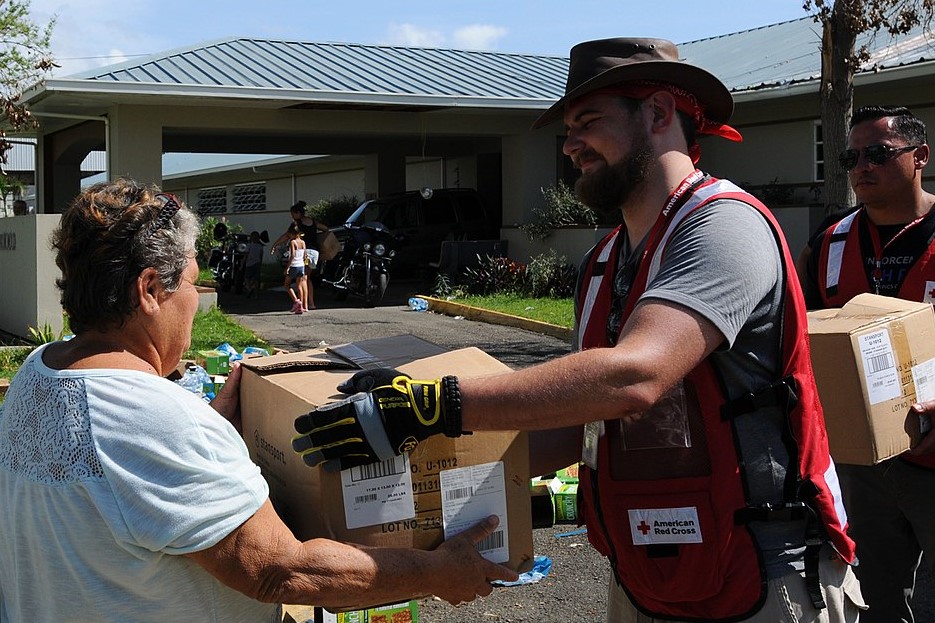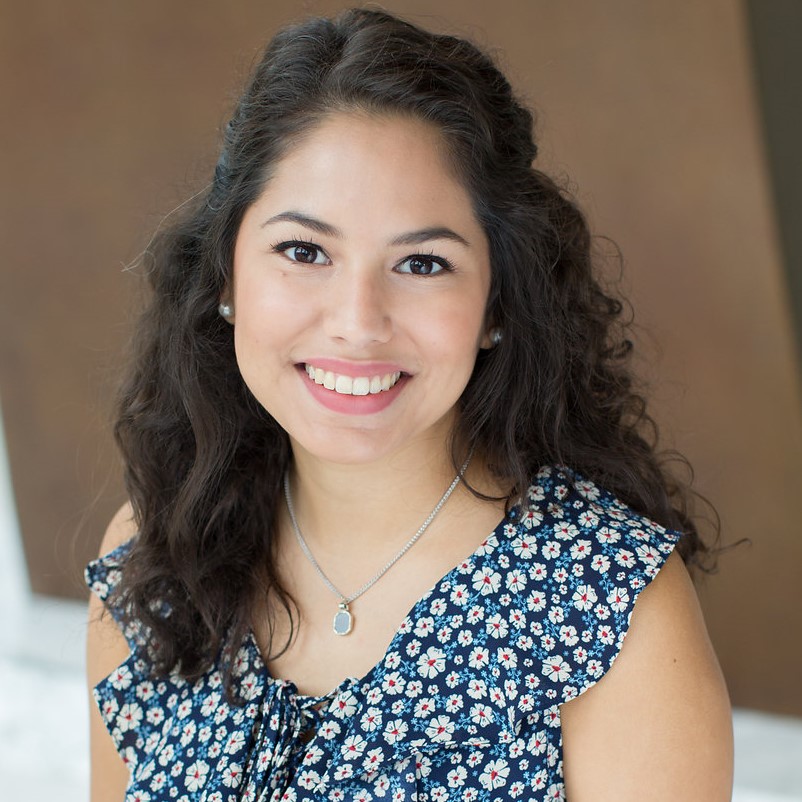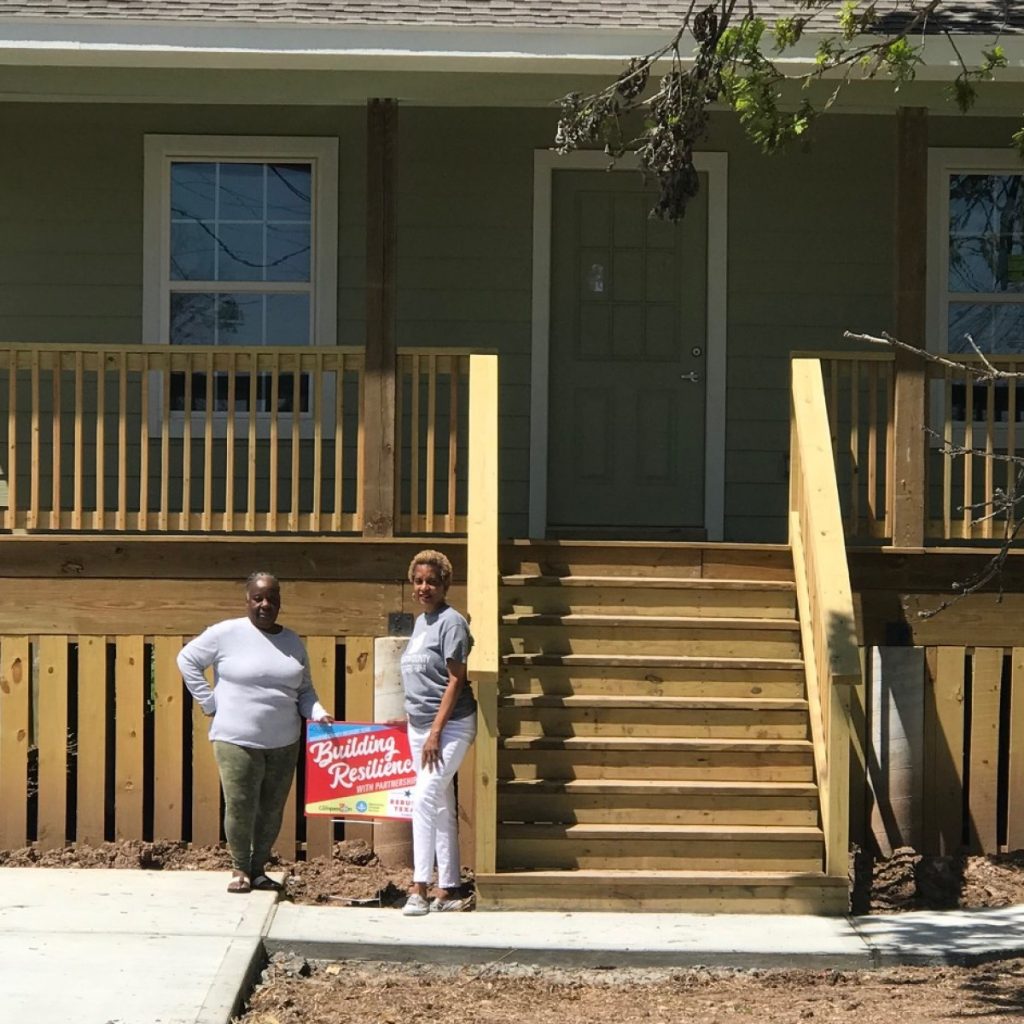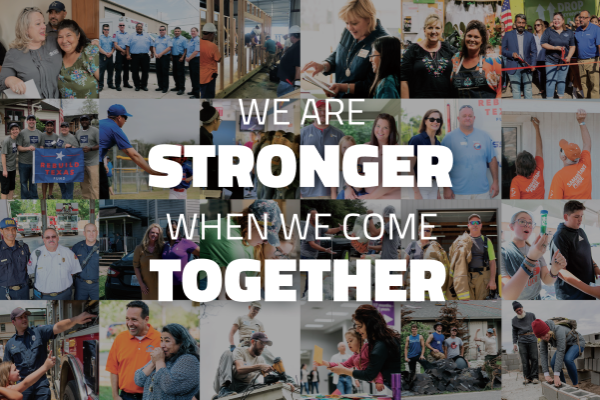
How to help Texas communities be #HurricaneStrong this hurricane season
The Atlantic hurricane season officially starts in June, and forecasters this year are expecting above-average activity and a high likelihood of a major storm impacting Texas. After an extraordinary 2020 season, which generated a record-breaking 30 named storms and 11 storms to make landfall on the U.S. mainland, Texans are on high alert. Meanwhile local communities—still grappling with effects of the COVID-19 pandemic and Winter Storm Uri—are facing depleted resources as they brace for potential impacts of the hurricane season ahead.
Every year, hurricanes wreak enormous havoc and trauma for Texans—upending millions of lives and livelihoods, disrupting economies, and causing billions of dollars in damage. But while these storms are inevitable, we can mitigate their consequences by proactively preparing, planning, and identifying resources before disaster strikes.
In anticipation of another busy year, OneStar launched the Rebuild Texas Hurricane Season Recovery Fund, which preemptively coordinates donations to ensure funding is readily available and can be quickly deployed in the aftermath of a storm. Giving to the fund is one way you can help Texas communities be more resilient in the wake of this season’s events.
Everyone has a role to play in helping Texas communities be #HurricaneStrong this season. In the words of community development and disaster recovery expert Angela Blanchard, “People can survive individually, but they thrive collectively.” In addition to donating to the Hurricane Season Recovery Fund, here are other actions you can take:
- Stay aware.
Follow state and local officials and organizations like the Texas Division of Emergency Management or National Weather Service West Gulf River Forecasting Center on their social media channels to remain aware of conditions throughout the hurricane season. Also research how your local city or county shares important updates. For example, Hardin County Strong is launching a free app that will keep users updated on county information, alerts, news, declarations and more. Residents will also be able to register for assistance or to become a volunteer. - Volunteer.
Texans give thousands of hours of time and talent to provide critical voluntary support to local communities during all phases of the disaster. But to be most effective, we strongly recommend that you identify and sign up to volunteer with an organization before a hurricane strikes, so communities can move quickly to action. Check out the full list of Texas Voluntary Organizations Active in Disaster and sign up to help today, which ensures you will be vetted and trained to respond when you are called upon in a disaster. - Prepare your organization.
Nonprofits across the state support Texans day in and day out, whether in blue skies or during a hurricane. If you are part of a nonprofit serving the community, take the American Red Cross Ready Rating three question “quiz” to assess your organization’s readiness, and explore the Ready.gov Hurricane Ready Business Toolkit for templates and tools to develop an emergency and continuity plan. You can also share resources to help your partners, customers, and clients stay aware and be prepared this season. Visit TexasReady.gov for resources you can share with fellow Texans.






 With our 40-year history of supporting the nonprofit sector and local communities in Texas, including during times of disaster, we will build upon the legacy created through this partnership to revive Texas and transform communities.
With our 40-year history of supporting the nonprofit sector and local communities in Texas, including during times of disaster, we will build upon the legacy created through this partnership to revive Texas and transform communities.